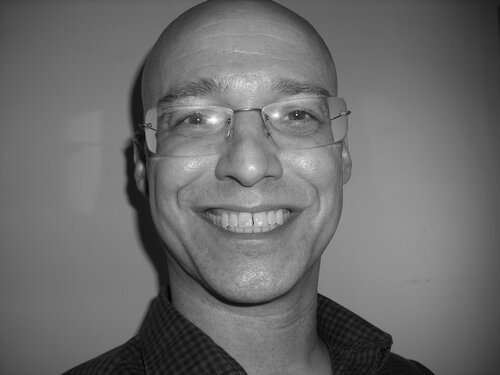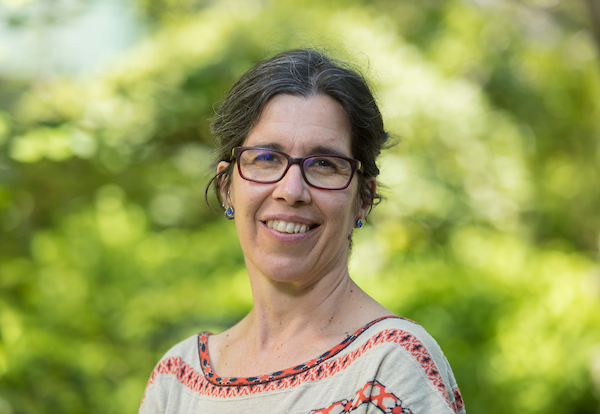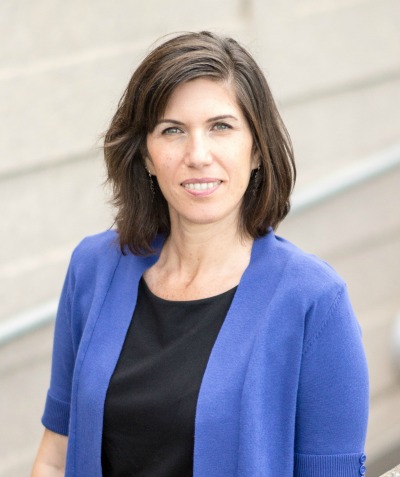Page 142 • (7,694 results in 0.062 seconds)
-
support via the LeMay Family Foundation for students and faculty performing chemistry research, especially during summers. Robert C. Olsen FundRobert C. Olsen FundAlumni grateful for Dr. Robert C. Olsen’s inspiring teaching established the Robert C. Olsen Chemistry Fund in 1974. Income from the fund supports summer undergraduate research students for ten week projects. Many papers have been presented and articles published reporting results obtained with this support. Dr. Olsen joined Dr. Ramstad
-

interests beyond these areas. As a scholar, I specialize in 18th and 19th century German philosophy, with a particular focus on the writings of Immanuel Kant (1724-1804) and, more specifically, his “theoretical” philosophy (i.e. his metaphysics, epistemology, and philosophy of mind). Most of my publications are in this area, and I continue to conduct research in it.
-
thought, and aesthetics. His research explores the potential impact of neurotechnologies—systems that record and stimulate the nervous system—on end users’ sense of agency and embodiment. His work also interrogates neurotechnologies for their potential to exacerbate or create social inequities, in order to establish best practices for engineers. Finally, Dr. Brown’s approach to research is interdisciplinary, embedded, and relies on mixed methods; his work on interdisciplinary is aimed at encouraging
-

models of nature, fair redistricting voting models, and more, while working with data has become central to our society. Whether your goal is to learn mathematics and statistics for an application – modeling problems in science, engineering, economics or finance; in preparation for a career in elementary or secondary education; or for further study in a graduate program, your studies will challenge, inspire and inform you about mathematics’ and statistics’ beauty and power, as well as their theory
-

Logic. She then had a teaching postdoctoral position at the University of Arizona, where she retrained as a mathematics educator while working for the Center for the Mathematics Education of Latinos/as. Her current research interests are in the areas of culturally relevant mathematics teaching, teaching mathematics for social justice, and equity in mathematics education in general, especially as they pertain to teacher education.
Office HoursM W F: 10:20 am - 11:15 amM W F: 12:30 pm - 1:30 pmMon - Fri: - -

and with the Associated Students of PLU (ASPLU). We sat down with Tugade to learn more about his PLU experience. Tell me about your sociology capstone. My capstone is on financial aid in higher education. I am looking at how graduating students are affected by different demographic and financial factors, using a PLU dataset from 2010 to 2023. What is your hope for this research? I am going to make a big ol’ presentation. Hopefully, it will be for Student Financial Services or even a retention
-

. She found PLU and has never looked back, calling the university “a nurturing environment where my professional goals and academic programs are appreciated and rewarded.” Ciabattari, whose research is focused on family dynamics, has published several articles concerning work-life balance among low-income women, housework patterns in marriage and remarriage, and other family-related topics. Ciabattari also serves as the Chair of the Women’s and Gender Studies Program at PLU. “In my teaching and
-
notable increase over time. This project aims to broaden understanding of the human impact of agriculture on our environment and the health concerns that come with it. 4:30-4:45pm, “Mapping the subsurface distribution of Olympia beds in the Tehaleh and Tacoma Puget Sound Lowland Region” Sam Seabury Glacial deposits are found throughout the Puget Sound region dating back tens of thousands of years ago (Easterbrook, 1986). Olympia beds are some of these glacial deposits described as an advanced wash
-
Conference Saul Kagan Fellowship in Advanced Shoah Studies, the Fulbright U.S. Student Program, the European Holocaust Research Infrastructure, and Yad Vashem. Her research interests are in Holocaust and genocide studies, migration, refugees, and humanitarian responses to crisis.Christopher Browning Christopher R. Browning was the Frank Porter Graham Professor of History at the University of North Carolina-Chapel Hill until his retirement in May 2014. Before taking up this position in the fall of 1999
-
Conference Saul Kagan Fellowship in Advanced Shoah Studies, the Fulbright U.S. Student Program, the European Holocaust Research Infrastructure, and Yad Vashem. Her research interests are in Holocaust and genocide studies, migration, refugees, and humanitarian responses to crisis.Christopher Browning Christopher R. Browning was the Frank Porter Graham Professor of History at the University of North Carolina-Chapel Hill until his retirement in May 2014. Before taking up this position in the fall of 1999
Do you have any feedback for us? If so, feel free to use our Feedback Form.


